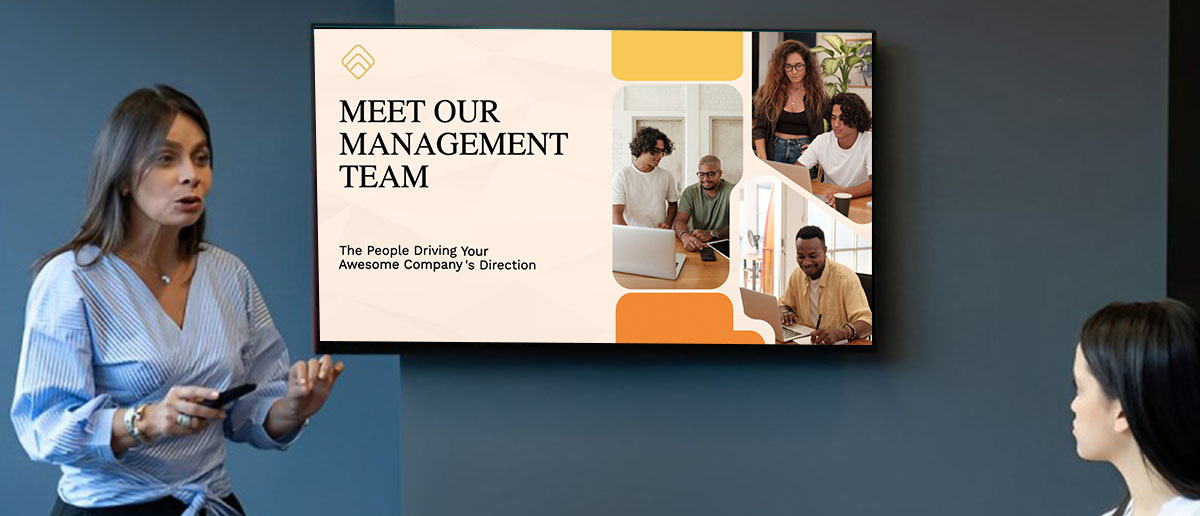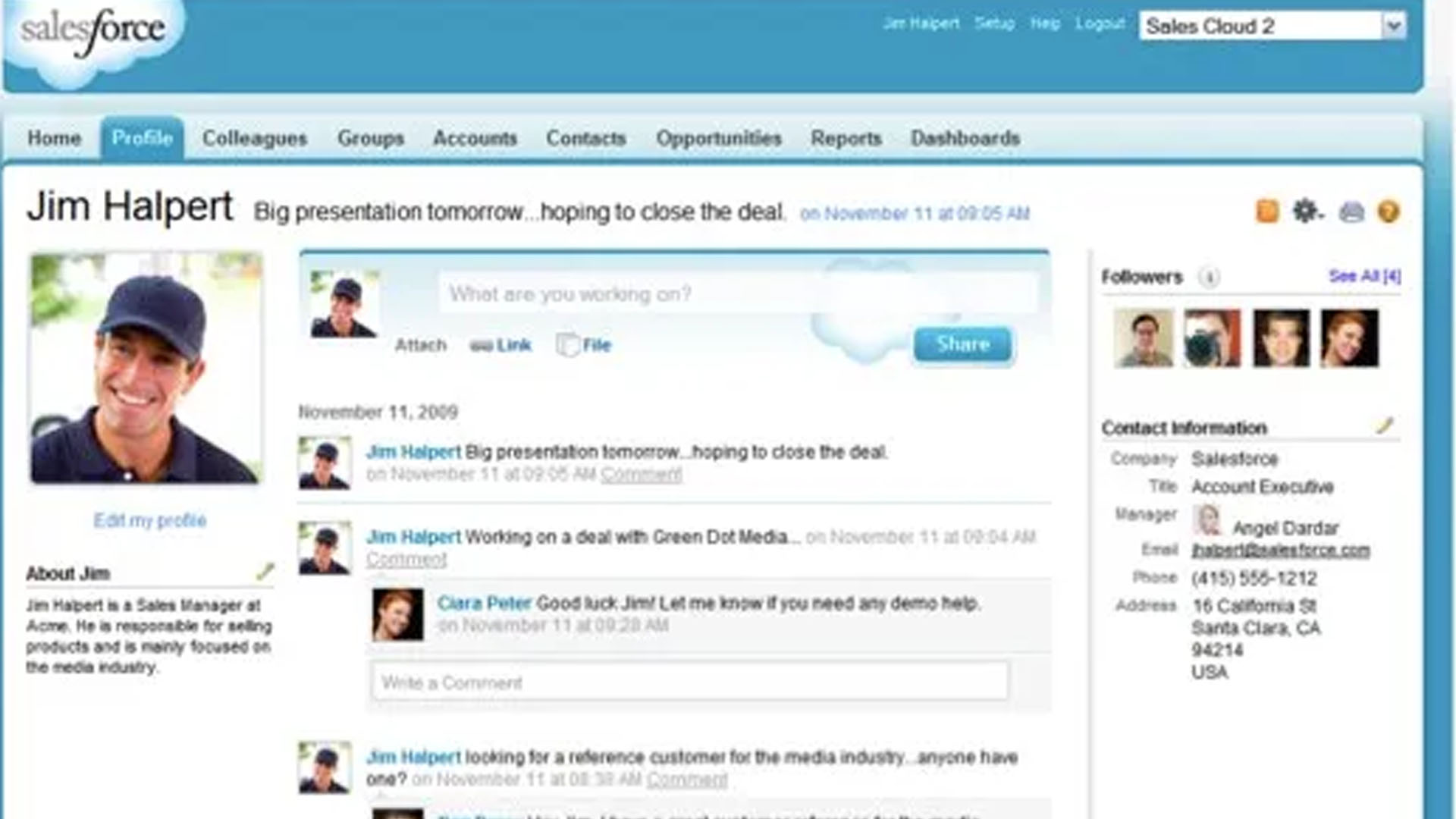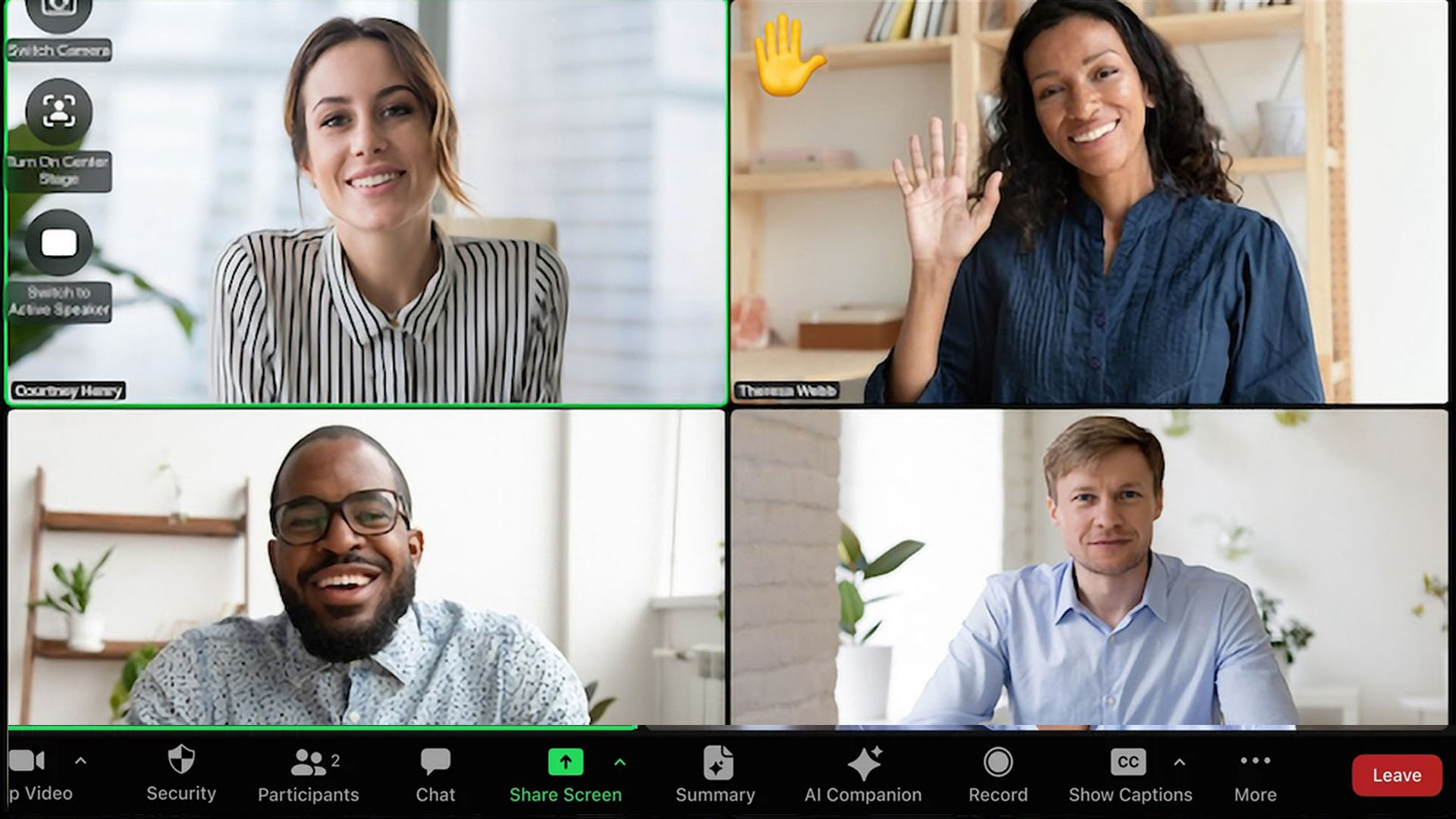
Dec 8 2023
8 min read


Nov
Imagine walking into an office on your first day. Instead of seeing employees buzzing around with ideas to share, the room is deafeningly quiet. People are moving like robots — their heads down; eyes fixated on the task at hand. No one talks to each other, and they don’t seem to care about anything other than getting the job done.
This is what happens when companies don’t have an internal communication strategy in place.
Their employees aren’t engaged. They don’t know what the company’s goals are, and they don’t feel valued or informed. Which adversely impacts organizational growth and leads to high attrition.
The only way to prevent such a scenario is to improve internal communication. In this article, we’ll explore five strategies that can help. Keep reading.
Good internal communication improves both efficiency and productivity. A study by Gallup says a culture of employee engagement can lead to up to a whopping 18% higher revenue per employee. Surprising, isn’t it? To foster a more collaborative environment for employees, here are 5 creative internal communication ideas:
Internal social platforms are like Facebook but for a company. Also known as Company Social Networks (CSNs), they can only be used by employees within an organization. Such platforms provide a space for the workforce to share ideas, celebrate victories, and collaborate in real-time. Most corporations like Microsoft and Accenture use Yammer (Viva Engage) as their CSN.
If you want to integrate a CSN in your company, follow these steps:
Select an internal social platform that aligns with your company’s culture and communication goals. You have a lot of options — Slack, Microsoft Teams and Workplace by Facebook are the most popular.
To prevent chaos, set up guidelines for platform usage. Emphasize professional conduct, and align discussions with the company’s values.
Actively promote collaboration by creating dedicated channels for projects, interest groups, or casual conversations. This will foster an environment where employees feel comfortable sharing ideas and seeking input.
Salesforce — an American cloud-based software company — built its own internal social platform that helped employees connect, collaborate, share files, data, and expertise in real-time. They called it Chatter, and even added it to their suite of offerings.

Our brain processes visuals 60,000x faster when compared to text. This shows how pivotal images and videos are to building a sound internal communication strategy. And that’s why digital signage is a great tool to have in your arsenal. Use it to visually convey company values, achievements and updates.
Pickcel’s digital signage software can help. Our team joined forces with Hindustan Unilever to integrate cloud-based digital signage software in their office. It was a complete success! Employees could easily see important information — HR announcements, safe workplace protocols and major announcements — through these displays.
So, how do you effectively use digital signage for internal communication? First, double down on key message points — these encompass the information you want to convey through digital signage. Then, place the displays strategically in common areas, break rooms, and hallways to grab eyeballs and increase engagement.
Package this information with visually appealing graphics, videos, and concise text. And voila! Employee engagement increases tenfold. Remember to keep the content fresh and relevant by regularly updating your digital signage with the latest announcements.
From project management tools like Asana to internal company blogs and podcasts, there are several ways to communicate with employees. How do you choose the right one? Well, 93% of internal communicators say email is the easiest and most-preferred channel.
Take advantage of this by doubling down on your internal newsletter. This document could include anything that delivers relevant information to your entire workforce. A few examples:
Company news
Project updates
Customer stories
Upcoming events
Job postings
Team member updates
Company milestones
Birthdays and anniversaries
Crafted with care, a newsletter transforms routine updates into engaging narratives, fostering a sense of belonging and pride among employees. Here’s a newsletter template that you can adapt and use in your own company:
Here are 5 steps you can take to implement newsletters successfully in your org:
Plan your newsletter content in advance, covering a mix of updates, employee spotlights, and relevant industry news.
Create a platform for employees to contribute content. This not only diversifies the content but also empowers employees to share their experiences and insights.
Ensure the newsletter is visually appealing and easy to read. Use a mix of text, images, and whitespace to create a balanced and engaging layout.
ContactMonkey and Staffbase are handy tools to create, distribute, and measure the success of your internal newsletters.
Unlike traditional top-down communication, town hall meetings facilitate two-way communication. This helps employees feel heard. They can ask questions, share concerns, and provide feedback directly to leadership. Not only does this foster a culture of openness and collaboration, but it provides an opportunity for open dialogue.
Consistency builds anticipation and ensures widespread participation. So, establish a regular cadence for town hall meetings — whether weekly, monthly or quarterly. To improve engagement, incorporate interactive elements like Q&A sessions, polls, and real-time feedback. You can hold these meetings physically or virtually over tools like Zoom and Google Meet.

Take a page from Satya Nadella’s playbook. The Microsoft CEO makes it a point to host an employee town hall every month (and this has been tradition for the past 7 years!). This practice aligns the workforce with the company’s vision while reinforcing the importance of transparent communication in driving success.
Microsoft also provides an anonymous Town Hall question form and a post-event feedback survey. It combines this with employee surveys conducted by the HR department to capture real time employee feedback and sentiment. Thorough, we know.
Everyone loves playing games. As a child, it meant furiously thumping your fists together in a game of rock, paper, scissors. When you’re older, it involves fierce battles of wit and intelligence while playing chess or poker.
Now, imagine using game-like elements — challenges, rewards, and leaderboards — to engage employees. That’s what corporate gamification means. For example, some companies give out points, badges or rewards in exchange for completing a task or a job well done.
Keep these pointers in mind while gamifying your workplace:
Define specific objectives for gamification, such as increasing engagement, fostering collaboration, or reinforcing key messages.
Select gamification mechanics that align with your objectives. This could include point systems, badges, or challenges tailored to your company culture.
Periodically assess the impact of gamification on internal communication. Collect feedback from employees to understand what elements are most effective and make adjustments accordingly.
Using interactive polls and surveys is a great way to interact and gather feedback, opinions, and preferences from employees.
Engage employees with fun quizzes related to company values, products/services, or industry knowledge.
Host live webinars or virtual workshops where employees can actively participate, ask questions, and share insights.
Visual representation of complex data in a visually appealing and easy-to-understand format helps give employee engagement a boost.
Incorporate video messages from company leaders or team members to convey important announcements and updates. Present the same an engaging and personal manner.
Encouraging employees to use internal social platforms or similar tools to share updates, ideas, and experiences, helps foster a sense of belonging for the employees.
Bringing out the “other side” of employees by inspiring them to contribute content such as blogs, articles, poems or even videos, helps showcase their talent and outlook.
By incorporating these additional strategies into your internal communication efforts, you can enhance engagement, foster collaboration, and strengthen the sense of connection and belonging among your employees.
When it comes to building great internal communication — there is no one-size-fits-all solution. Think about your organizational values, the channels you want to use and what kind of messages you want to convey. This will help inform your strategy and create a communication ecosystem that reflects the values and aspirations of the company.
Looking to double down on internal communication and improve employee engagement? Our team at Pickcel would love to help. Reach out to us for a quick consultation today.
Take complete control of what you show on your digital signage & how you show it.
Start Free Trial Schedule My Demo
Dec 8 2023
8 min read

Nov 24 2023
5 min read

Sep 12 2023
8 min read

Jun 28 2023
7 min read